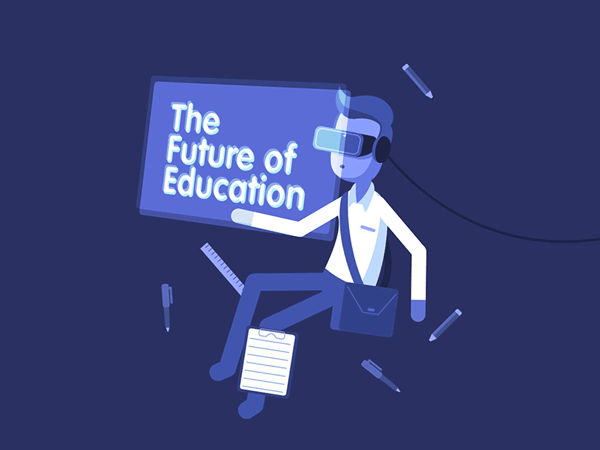Future Education
FUTURE TRENDS IN EDUCATION
- Open Educational Resources (OER)
- The ever-increasing prices of textbooks are proving to be a burden on educational institutions the world over. As a result, various organizations that are keen on ensuring quality education for all have turned to open educational resources as an alternative to provide schools and learners with free and customizable educational material.
- Flipped Classrooms (Instructions Online and Practice in Class)
A new system of teaching that utilizes technology has also slowly and gradually been gaining recognition. Flipped classrooms involve flipping the roles of the classroom and homework. Rather than listening to the teacher present new information in class and answer homework at home, students watch presentations and videos on the new material at home and then work on activities and assignments in the class with the teacher’s presence, to ensure a complete grasp of the new information and skills. - Flexible Assignments
- Diverse Time and Place
- Free Choice
- Project-Based Learning
Another new wave in teaching is the concept of flexible assignments. A goal, or objective, for the assignment is announced and students are given the liberty of proving their attainment of that objective, whether via presentation, video, or research paper.
The internet, video streaming, and cloud technology have also opened the way for teaching and learning anywhere anytime. Students will no longer be confined to certain times and locations, as they will be able to communicate, see, and work with fellow students and teachers virtually anywhere 24/7.
These changes and transformations in education will provide students with more choices when it comes to acquiring knowledge. Students will be able to choose from a richer variety of programs, methods, and devices that will enhance their learning experience and fit their personalities and needs.
Project-based learning is growing in popularity as the need and importance of acquiring real-life skills for careers is becoming clearer.
